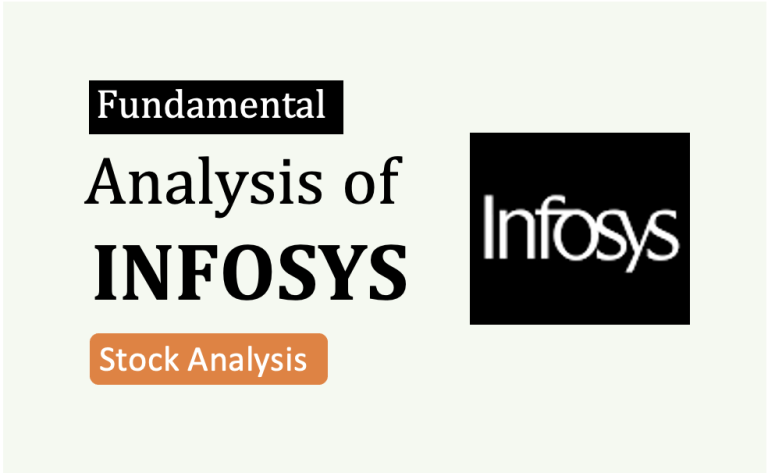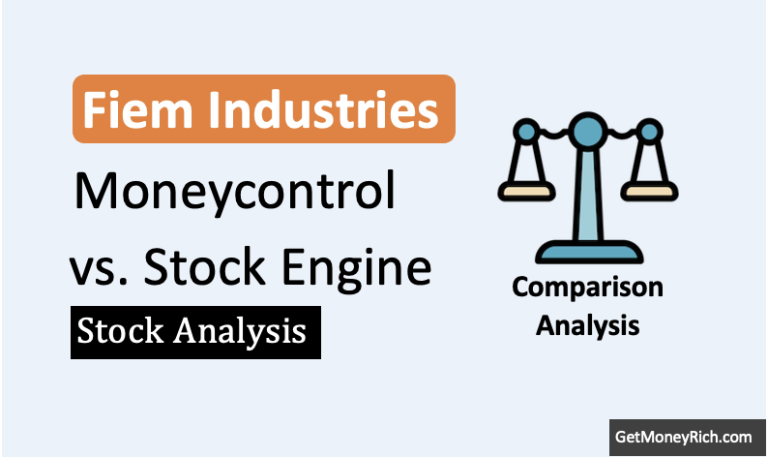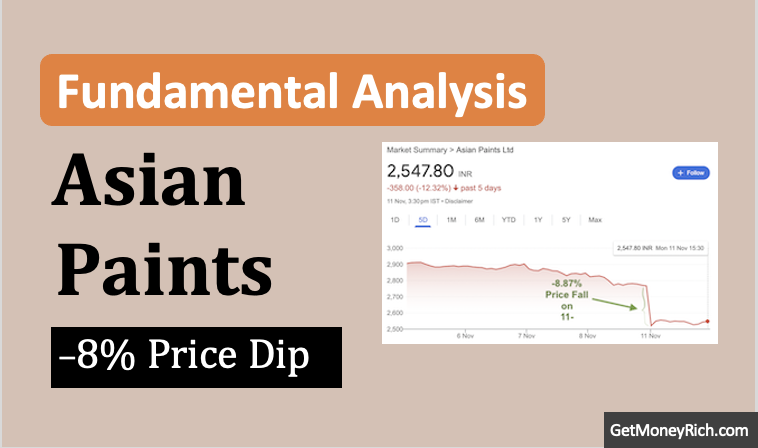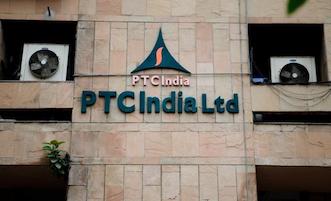Summary Points:
- Tata Motors’ Share Drop: On March 27, 2025, after Trump signed a 25% U.S. auto import tariff, Tata Motors’ shares fell 5.5% due to its ownership of Jaguar Land Rover, which relies on the U.S. for 22% of its sales.
- Indian Parts Exporters Affected: Companies like Samvardhana Motherson, Bharat Forge, and Sona BLW, major auto parts suppliers to the U.S., face risks as the tariff could cut demand for India’s $2.5 billion annual exports.
- Hyundai India’s Position: Hyundai India, despite not exporting cars to the U.S., may see indirect effects on its component exports if U.S. demand drops.
- Big Picture: The tariff threatens India’s auto industry but could push firms to diversify markets beyond the U.S.
Introduction
I was trying to make sense of this big news that the “U.S. President Donald Trump has just signed an order slapping a 25% tariff on auto imports, starting April 2.” Now, over here in India, the stock market went for a little tumble, and Tata Motors’ share price dropped by 5.5% today. But why? What’s the connection between Trump’s pen in Washington and our very own Tata Motors in India? Do Tata Motor cars like Punch, Nexon, Harrier, Safari etc are really exported to the US?
Why Did Tata Motors’ Shares Fall?
Tata Motors doesn’t actually sell cars directly from India to the U.S. You won’t find a Tata Punch or a Harrier cruising down the highways of Texas or California. So why the panic?
Well, it’s not about what Tata Motors sends from here, it’s about their fancy British kid, Jaguar Land Rover (JLR). See, Tata Motors owns JLR, and the U.S. is a big deal for them.
According to JLR’s FY24 annual report, 22% of their global sales come from the U.S. market. That’s a hefty chink of their overall sale. Most of these luxury cars, like the sleek Jaguars and rugged Land Rovers, roll out of factories in the UK and Europe, not India.
Now, with this new 25% tariff, every JLR car shipped to the U.S. is going to cost more. Now, the higher prices could mean fewer Americans buying those swanky SUVs, and that hits Tata Motors’ wallet back home.
The stock market saw this coming and sent Tata’s shares sliding by 5.6% today. Investors are worried: will JLR’s sales take a hit? Will Tata Motors’ profits shrink? It’s a domino effect, and we’re all watching the pieces fall.
Who Else in India Gets Hit?
This tariff isn’t just about Tata Motors, it’s shaking up the whole auto parts scene in India.
We’re a big player in the global auto components game, exporting stuff like engines, gears, and pistons worth billions every year. In FY24, India shipped out $21.2 billion in auto parts worldwide, and the U.S. took a decent slice—about $2.5 billion in 2023 alone. With Trump’s tariff, American carmakers might think twice about buying parts from us if our costs are not as competitive any more.
So, which Indian companies might feel the heat the most? Here are a few top names:
- Samvardhana Motherson International: These guys are big in the auto parts world. They supply components to big names like Tesla and Ford. The U.S. is their top market alongside India, making up 20% of their revenue. North America as a whole? A whopping 40%. They’ve got factories in the U.S. and Europe, which might cushion the blow a bit, but if demand dips, their export orders from India could shrink. Their stock took a 2.6% dive today.
- Bharat Forge: Another heavy hitter, supplying parts to Tesla and other global brands. They’re big on exporting to the U.S. and Europe. In 2023, about 29% of India’s auto component exports to the U.S. came from companies like these, including Bharat Forge. A 25% tariff could squeeze their margins, and their shares dropped over 2.3% today.
- Sona BLW Precision Forgings (Sona Comstar): This company makes gears and motors, with 66% of its revenue from the U.S. and Europe. North America alone is 40% of their pie. They’re already planning to shift focus to markets like China and Japan, but a tariff this big could still sting their U.S. exports hard. Their stock fell over 6% today.
These firms don’t just send random bolts and nuts, these are critical stuff like transmissions and engine parts. If U.S. carmakers cut back, it’s not just their profits at risk; it’s jobs here in India too. The workers in Pune or Chennai who might see fewer shifts.
That’s the real worry lurking behind the headlines.
What About Hyundai India?
Hyundai’s a big name in India, we all know someone with a Creta or an i20, right?
They’ve got a massive plant in Chennai churning out cars. Hyundai India doesn’t export fully built cars to the U.S. either. Most of their U.S.-bound cars come from South Korea or other global plants.
So, does this 25% tariff hit Hyundai India? Not directly, at least not for whole cars.
But Hyundai India does export auto components to support their global supply chain. In 2023, India sent $2.5 billion worth of parts to the U.S., and Hyundai’s a part of that mix. If American Hyundai models (made in places like Alabama or Korea) get pricier due to the tariff, demand might drop. That could mean fewer orders for parts from India. But for now, I think Hyundai India business is less effected by the US tarrifs.
Probably this is the reason why, when most auto and auto components stock’s fell today in India, Hyundai India share rose by 1.5%.
What’s Next?
Trump says this tariff will boost U.S. manufacturing, bringing factories and jobs back home. Fair enough, but for us in India, it’s a mixed bag. Our direct car exports to the U.S. are tiny, less than $9 million in 2024, peanuts compared to $7 billion worldwide.
But our auto parts? That’s a $2.5 billion story, and this tariff could dent it.
Still, I can’t help but wonder: are we ready for this shift? Our auto industry’s been growing, but a trade war isn’t exactly something these people might have planned for. Companies like Tata Motors might push JLR to tweak prices or move some production, but that takes time and money.
Meanwhile, parts makers like Samvardhana, Bharat Forge, etc might need to hustle for new markets.
I hope you understood why Tata Motors share price fell in India due to 25% tariff threat in the US.
Have a happy investing.






